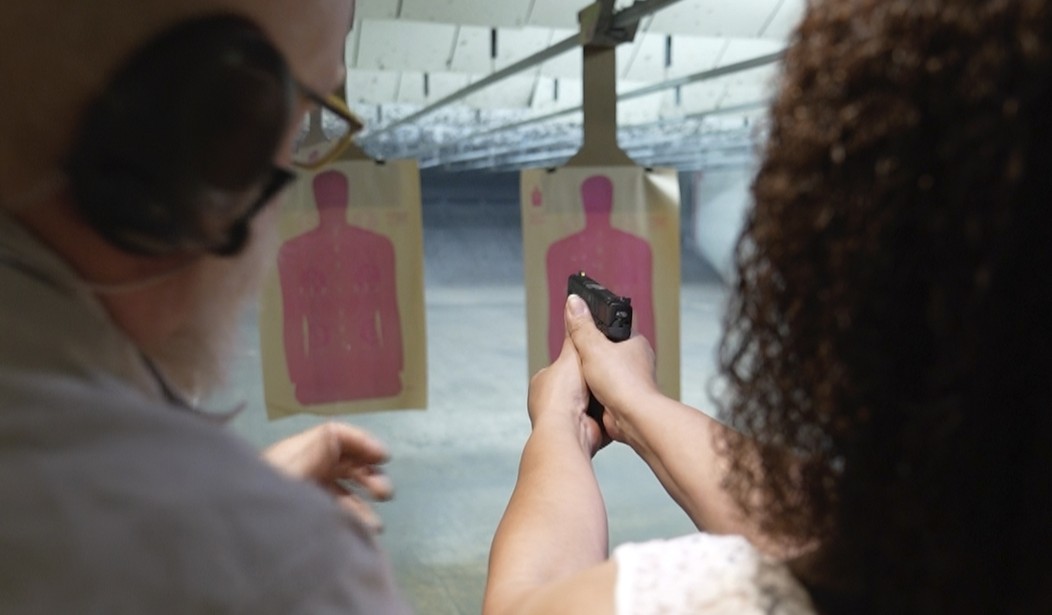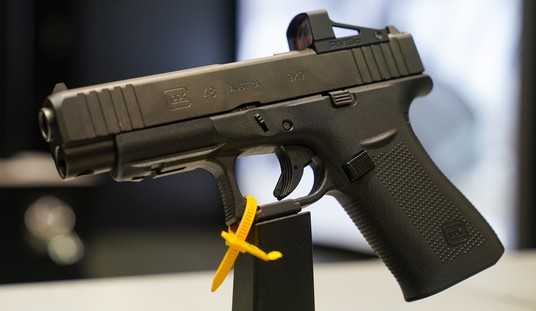Does the federal law prohibiting "unlawful" users of drugs from possessing firearms fit within the national tradition of gun ownership? It's a question that's split federal appeals courts, and today the Third Circuit issued what's best described as a split decision on the issue.
Erik Harris was convicted for purchasing and possessing guns even though he admitted to habitually using marijuana. Harris challenged his conviction on Second Amendment grounds, arguing that Section 922(g)(3) violates the right to keep and bear arms and is unconstitutionally vague.
Today, a three-judge panel on the Third Circuit held that "history and tradition justify §922(g)(3)’s restrictions on those who pose a special danger of misusing firearms because they frequently use drugs". But the panel also held that it lacks enough information "to tell whether the law’s restrictions are constitutional as applied to Harris."
The panel did conclude that §922(g)(3) is not vague enough to be unconstitutional, given that it warns all "unlawful" users of drugs that they can't possess a gun. But it still affirmed Harris's conviction in part, vacated it in part, and remanded the case back to the district court "to find facts needed to applyt he Second Amendment law laid out" in the case.
According to the panel, drug users who are adult citizens are among “the people” who fall within the scope of the Second Amendment's protections. But the judges also determined that the government identified "historical cousins" to §922(g)(3); regulations on the dangerously drunk and dangerously mentally ill, which the court concluded supports §922(g)(3)’s constitutionality... at least as applied to those "whose drug use would likely cause them to pose a physical danger to others if armed."
"Future cases will require closer calls about how often and how recently one must use a drug to count as an 'unlawful user'... These cases will present close issues not only of statutory construction, but also of Second Amendment rights." pic.twitter.com/QXQuzHBDTx
— Firearms Policy Coalition (@gunpolicy) July 14, 2025
As the Firearms Policy Coalition quoted above, the appellate court laid out several questions to determine whether a particular drug user poses enough of a danger to legally prohibit them from owning or carrying a gun, including the length and recency of the defendant’s use during and shortly before his gun possession; the drug's half-life; whether use of the drug affects a person's decision making or judgment, and the long-term physical and mental effects of the use of that drug.
Under those terms, it seems difficult if not impossible to rule in favor of Harris or any other marijuana user. In fact, taken to its logical conclusion, the Third Circuit's decision would appear to allow a gun prohibition on anyone who uses any kind of intoxicating substance; a conclusion reached by Judge Thomas Ambro, who partially dissented from today's decision.
Judge Ambro: "The majority leaves us with an amorphous holding that flouts precedent, defies common sense, and creates a circuit split... In the majority’s view, if you drink, then you can be disarmed. That was certainly not the historical tradition at the Founding." pic.twitter.com/LwrlcnVamT
— Firearms Policy Coalition (@gunpolicy) July 14, 2025
The majority opinion doesn't fully dispute Ambro's conclusion, though it asserts the national tradition of gun ownership supports prohibiting gun possession for "drunkenness", as opposed to consuming any amount of alcohol.
So, is it possible for a judge to determine that someone's marijuana use doesn't make them too dangerous to own a gun? There's another case that was just appealed to the Third Circuit that will prove very interesting, and we'll delve into it in another post later today. Meanwhile, the Supreme Court has several cases dealing with §922(g)(3) that the justice might accept when they return from their summer recess, so this issue may not rest with the various appellate courts for long.









Join the conversation as a VIP Member